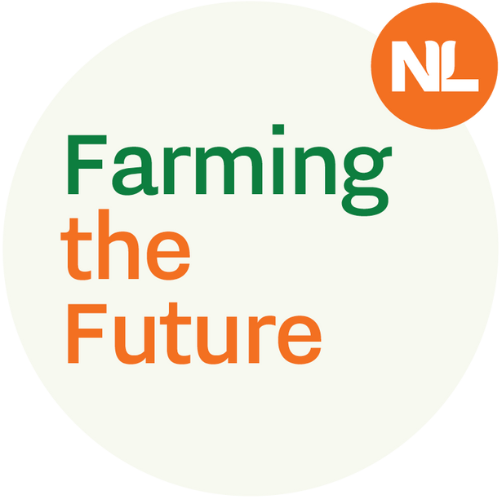The government of Bangladesh has done much in recent years to encourage foreign investment. Bangladesh produces 16 million tons of vegetables annually. With this, there are opportunities in the field of protected agriculture. For this reason, the Dutch embassy in Dhaka and the Netherlands Enterprise Agency conducted a market study on protected agriculture in Bangladesh.
Over 16 million farming families are involved in the production of as many as 60 types of vegetables. Due to urbanization and industrialization, Bangladesh is losing an estimated 1% of its farmland per year. At the same time, the country is very vulnerable to climate change, salinization and unpredictable weather. This creates a dilemma: Agricultural land is shrinking while the demand for more and more nutritious food is increasing. Horticulture can provide a solution to this.
The government of Bangladesh is committed to an accessible, green economy. Transforming the agri- and horticulture sector is an important part of this. It also aligns with the change in economic status of Bangladesh planned for 2026: moving from being listed in the UN group of Least Developed Countries to a Middle Income Country. Bangladesh sees the Netherlands as an important partner for the transformation of the agriculture and horticulture sector and needs transfer of knowledge, technology and innovation.
Market study reveals opportunities
For this reason, the Dutch embassy in Dhaka, in cooperation with the Netherlands Enterprise Agency, contracted a market study of the opportunities in covered cultivation in Bangladesh. The study was executed by Dutch Greenhouse Delta. The study reveals opportunities for Dutch companies and organizations in the following areas:
- low- and mid-tech solutions for protected horticulture, (although high-tech solutions are also in demand from Bangladesh);
- export of fertilizer machines, cooling pads, ventilation systems, drip irrigation and greenhouse coverings (polyethylene/polycarbonate);
- technical assistance, knowledge transfer and capacity building for a favourable business environment and staff training;
- consultancy or expert services to support master growers on a regular basis;
- business agreements between Dutch and Bangladeshi seed companies.
The study also includes information on Bangladesh in terms of: general developments in the horticultural sector, market demand, the business case for setting up a mid-tech greenhouse, challenges for Dutch companies and identified opportunities for cooperation between Dutch and Bangladeshi stakeholders.
The first presentation of the study, on September 28, 2023 at the World Horti Center, already generated a lot of interest. 26 Dutch and 47 Bangladeshi companies, knowledge institutions and other organizations gathered both online and in person to hear the results and to network.
Curious about the study? Download it here: Opportunities of Protected Horticulture in Bangladesh (rvo.nl).
For more information on business opportunities in Bangladesh, see also: Zakelijke kansen in Bangladesh (rvo.nl).
Horticulture in Bangladesh is a priority sector for the Dutch government
This study is a component of the combitrack ‘Sustainable horticulture in Bangladesh’ (Bangladesh: uw kansen in duurzame productie groente en fruit (rvo.nl)). In this combitrack, the Dutch government, together with public and private organizations in the Netherlands and Bangladesh, works to promote trade, investment and development in the horticultural sector of Bangladesh. This includes working towards an improved and sustainable production of fruit and vegetables, a strengthened business climate to stimulate import-export and to increase commercial opportunities for Dutch companies.
For more information about the market study or the combi-track ‘Sustainable Horticulture in Bangladesh’? Please contact us!
Contact: Wies van Leeuwen, Business Development Coach Bangladesh
Publication of Agro Berichten Buitenland on November 21, 2023



